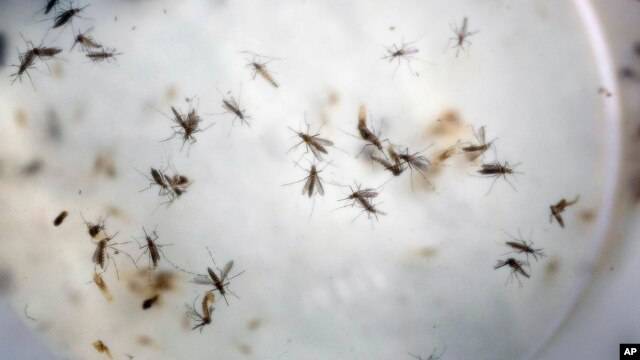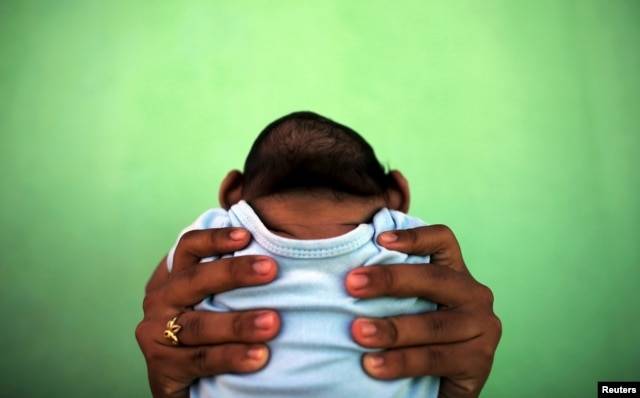Political Junky
Gold Member
- May 27, 2009
- 25,793
- 3,990
- 280
This is a different Pope than a former Pope's attitude towards AIDS prevention.
Pope Suggests Contraception Use May Be 'Lesser Evil' For Those Fearing Zika
In wide-ranging comments aboard the papal plane, Pope Francis suggested to reporters that it might be acceptable for those fearing the Zika virus to use contraception.
The pope did not explicitly approve the use of contraception as he spoke during the flight from Mexico to Rome. But he drew a distinction between the use of abortion to respond to the threat of Zika — which he categorically opposed — and the hypothetical use of contraception.
There are concerns that the Zika virus, currently raging across Latin America, may be linked to cases of microcephaly, a severe birth defect.
A reporter on the plane had asked the pope how he felt about advice from some authorities that women at risk of Zika have abortions, and whether contraception would be the lesser of two evils, The Associated Press reports.
<more>
Pope Suggests Contraception Use May Be 'Lesser Evil' For Those Fearing Zika
In wide-ranging comments aboard the papal plane, Pope Francis suggested to reporters that it might be acceptable for those fearing the Zika virus to use contraception.
The pope did not explicitly approve the use of contraception as he spoke during the flight from Mexico to Rome. But he drew a distinction between the use of abortion to respond to the threat of Zika — which he categorically opposed — and the hypothetical use of contraception.
There are concerns that the Zika virus, currently raging across Latin America, may be linked to cases of microcephaly, a severe birth defect.
A reporter on the plane had asked the pope how he felt about advice from some authorities that women at risk of Zika have abortions, and whether contraception would be the lesser of two evils, The Associated Press reports.
<more>
Last edited:





